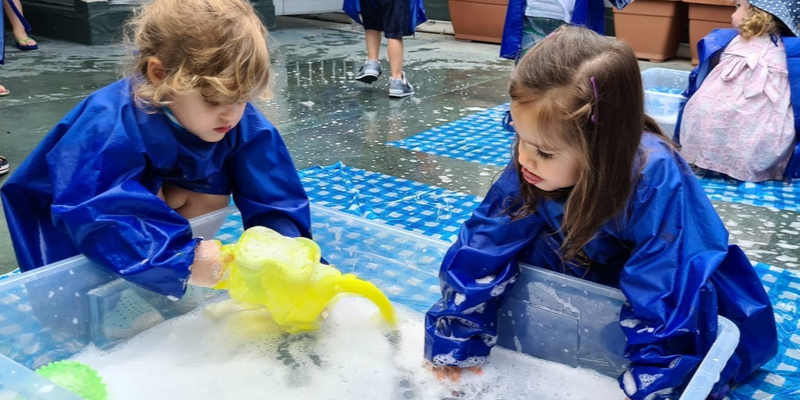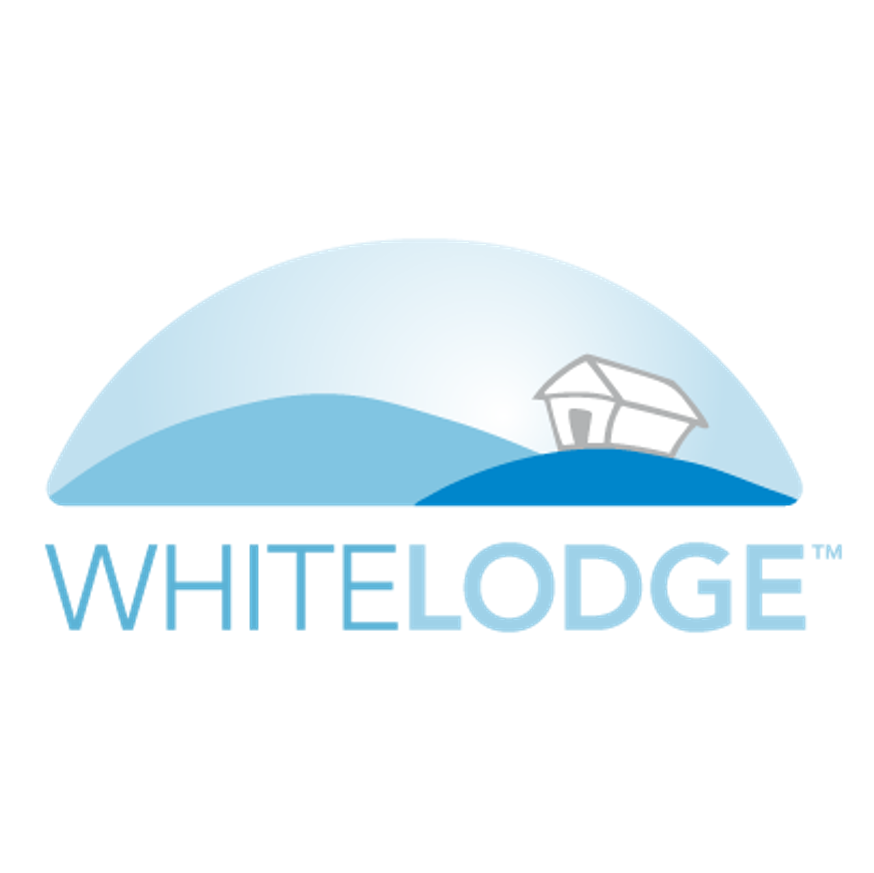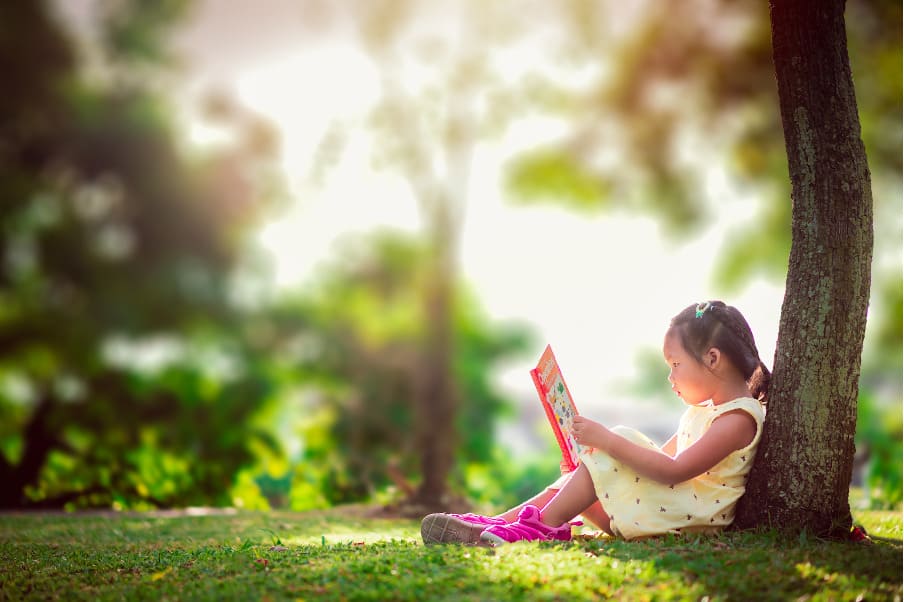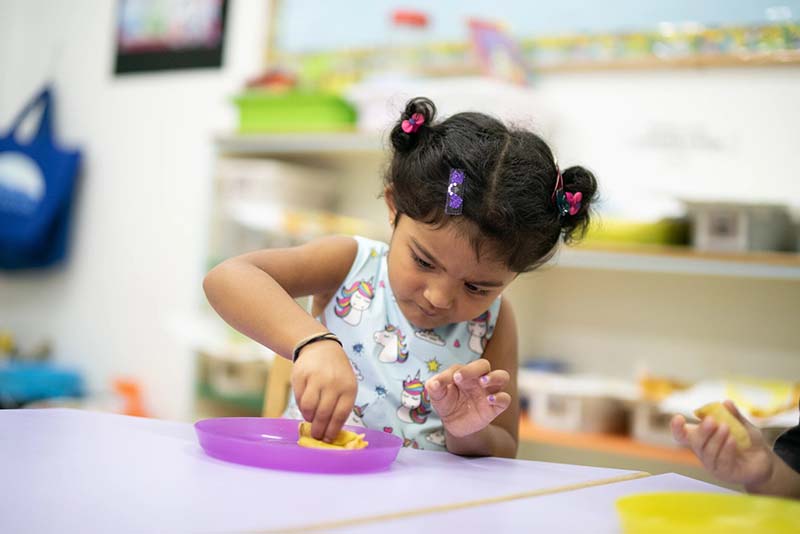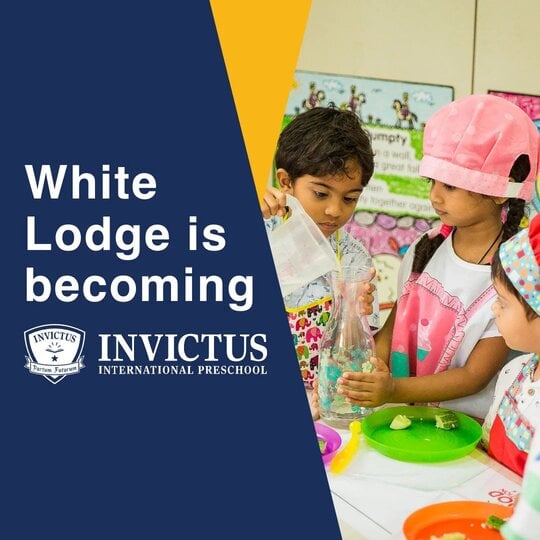It is natural for any parent to be concerned about the health and safety of their child. With the spread of COVID-19, this is now more important than ever. Teaching children to understand the importance of personal hygiene is an essential part of their learning and personal development, but this begins at home. This blog will outline key tips on how you can encourage your kids to practice good hygiene and highlight some of the principles White Lodge has adopted.
What is personal hygiene?
Personal hygiene is how one cares for our body. This involves day-to-day activities that should form a daily routine such as bathing, washing hands and brushing teeth.
The importance of personal hygiene for kids
- To reduce the risk of illness – children encounter bacteria every day. Failing to wash hands regularly can increase the risk of illness and disease spreading through viruses and bacteria. This also prevents the spread of illness amongst those around them.
- To boost confidence – good hygiene can avoid children experiencing problems such as bad breath and body odour. These can lower their self-esteem as well as adversely impact their social interactions. By learning to take care of themselves children also build their sense of independence.
- Maintaining healthy teeth – keeping teeth cleaned regularly can help avoid problems such as tooth decay, gum disease and cavities. If left untreated these can also lead to pain and infection resulting in difficulties speaking and eating; while damaged teeth can also reduce confidence.
Hand washing tips
- Explain to your child that regular handwashing is essential. This includes before eating or preparing food, after touching animals, after blowing their nose, coughing or sneezing, after using the toilet and after playing outside.
- Children should thoroughly wash their hands for 20 seconds. Make this a fun activity by getting them sing the ABC’s whilst doing this. At White Lodge, children are taught to sing 2 rounds of ‘Happy Birthday’ to ensure that this is thorough.
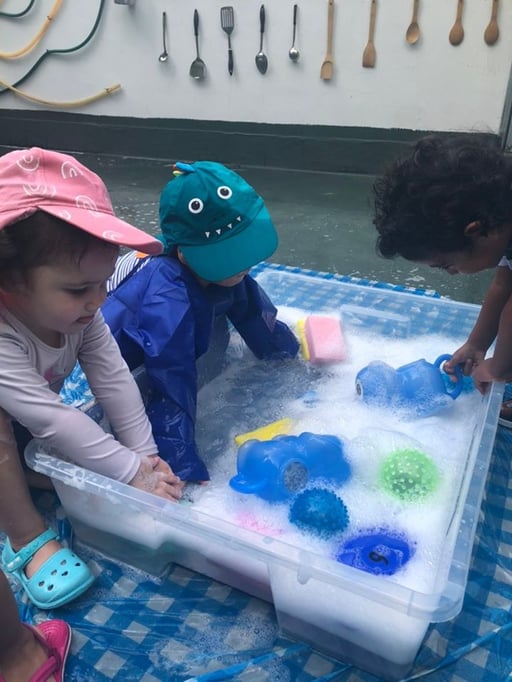
Dental hygiene tips
- Children should brush their teeth at least twice a day for 2 minutes.
- Incorporating this into their morning and night routine is a great way to reinforce this behaviour. Repetition enables children to increase their confidence when learning a new skill or activity.
- After brushing, get your child to rinse their toothbrush and store this to dry in a clean place (avoid leaving this on surfaces).
- Regularly replace your child’s toothbrush every 3 – 4 months.
Personal hygiene tips for coughs and colds
- Explain to your child that germs easily spread through sneezing and coughing openly e.g. when playing with a group of friends at preschool.
- Teach your child to immediately cover their mouth when coughing or sneezing.
- Encourage your child to gently blow their nose when runny and to then immediately throw away the tissue.
Maintaining a clean environment
- Good hygiene not just about cleaning your body, keeping the environment around you clean is just as important. Encourage your child to tidy their toys away after playing and place their rubbish in the bin after eating.
- Explain to your child that germs can live on surfaces, toys and books. Although it may not be safe for children below the age of 7 to start using disinfectant on surfaces, letting them watch you complete such tasks can demonstrate to them the importance of a clean environment.
More personal hygiene tips for kids
- Lead by example: model good personal hygiene e.g. washing hands before cooking, covering your mouth when coughing. This will encourage your children to recognise its importance.
- It can be common for children to form habits such as nose picking, nail biting and chewing the end of pencils. Instead of simply telling them to stop this, explain to them why these things are wrong and the health dangers that it can lead to.
- Ensure that your child wipes thoroughly from front to back with toilet paper after using the washroom. For more information on hygiene tips when potty training, check out our blog.
- Children learn more effectively when having fun so keep hygiene activities enjoyable e.g. playing with rubber ducks whilst bathing.
- Reward good hygiene habits with praise e.g. ‘well done for covering your mouth’. This can help reinforce positive behaviour.
- Ensure cutlery is used during meals, this allows them learn table manners as well as reduce the risk of transferring germs from the hands to the mouth.
We recently held the White Lodge holiday programme which focused on how the children can become germ fighters. Activities included learning how to make their own natural soap bars, reading books on hygiene and practising hygiene habits through music and movement and sensory play activities. Using these fun and engaging activities enabled the children to learn effectively through play.
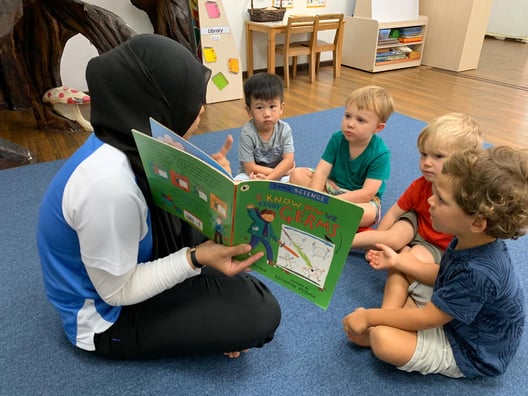
Adopting good personal hygiene habits from a young age can influence the way children approach hygiene in the future. This can also help them manage the more difficult personal hygiene issues they may face as their bodies develop. The key to nurturing good personal hygiene amongst kids is to be honest with them as to why personal hygiene is so important. Simply telling them what to do will not help them learn. With these tips, as well as patience, your child should develop a strong understand of the impact their choices make on their overall heath and hygiene.
For more information and the latest updates on COVID-19, please visit The Ministry of Heath’s website here.
If you have any questions or concerns, you can email us at admin@whitelodge.edu.sg or call us on +65 6255 4230.
The team at White Lodge have created a free and practical child-friendly guide to staying safe during the pandemic. It’s an engaging story to read to your children while spending time together. Click the button below and grab your copy of How to Stay Safe During a Pandemic.


